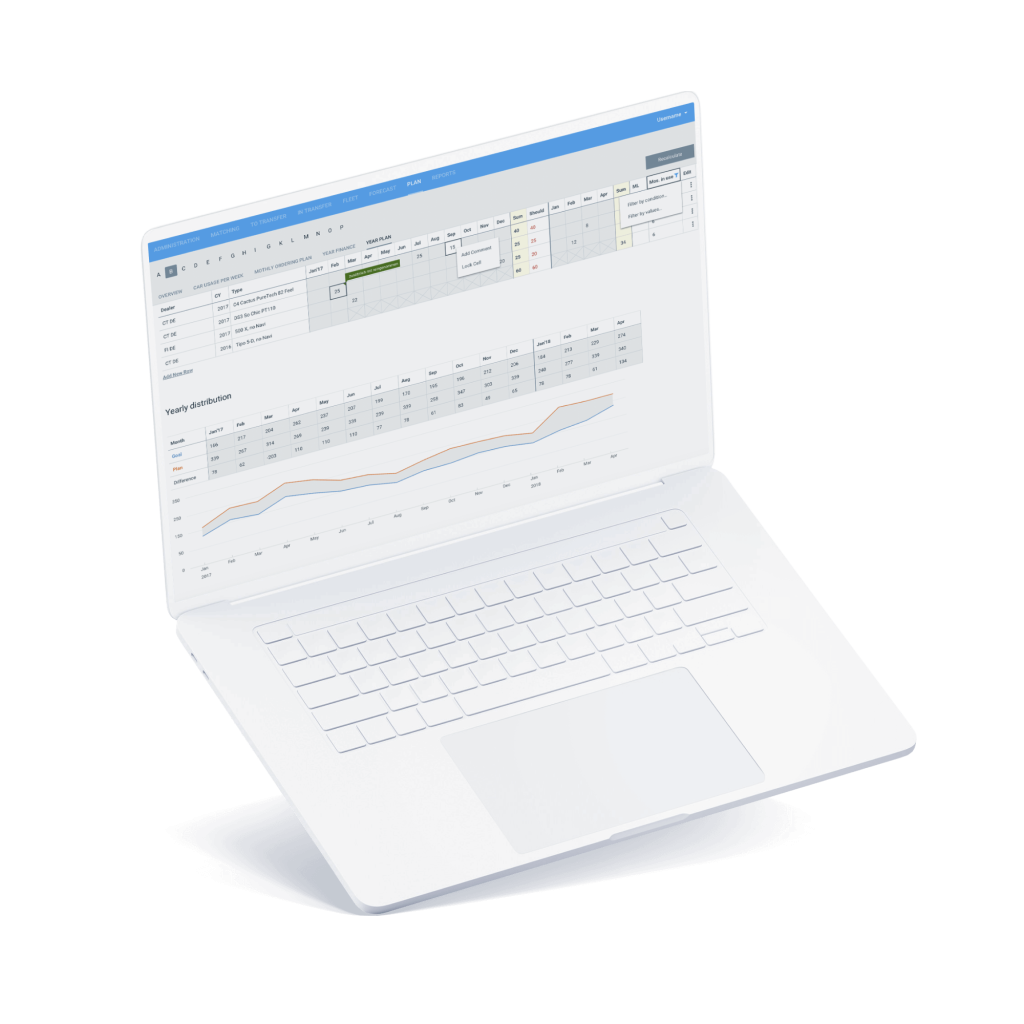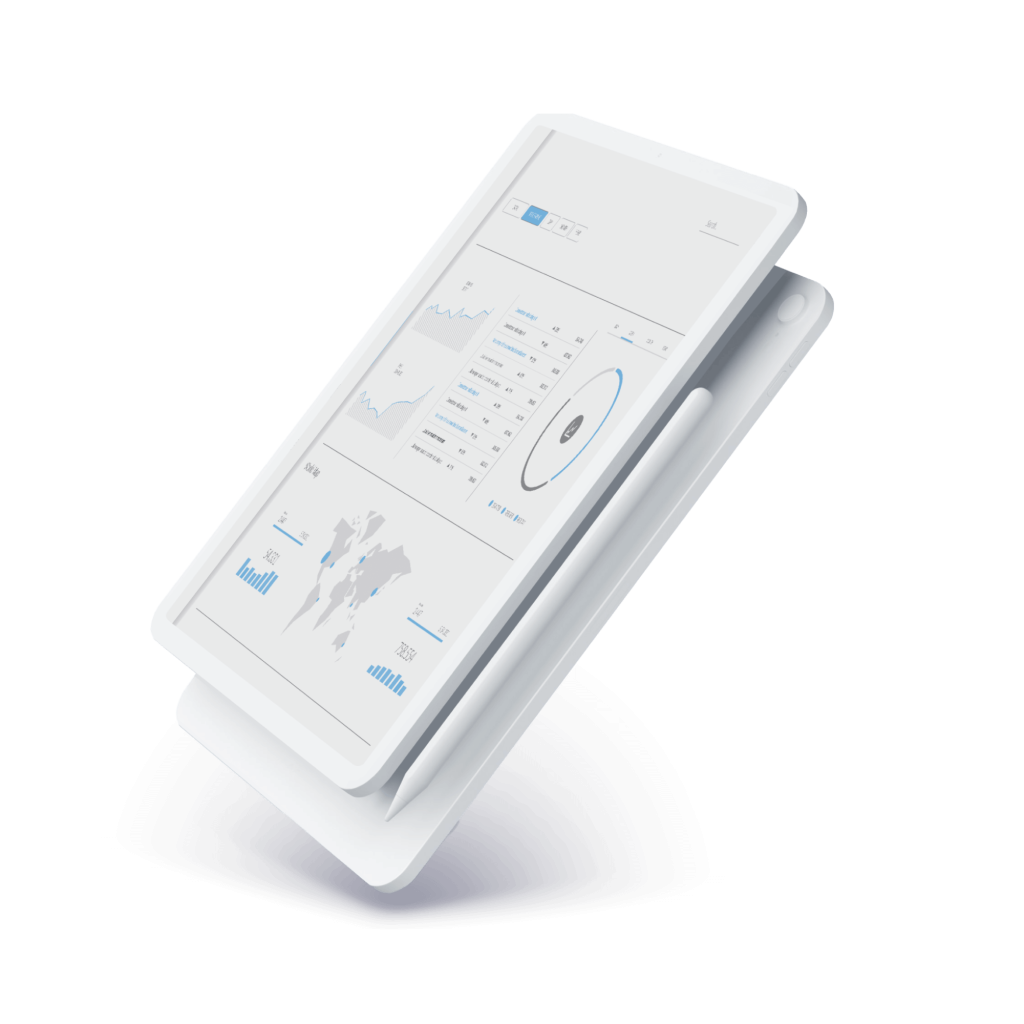Design Consultancy: Paving the Road Towards Process Improvement and Digital Transformation for the Government of Reykjavik
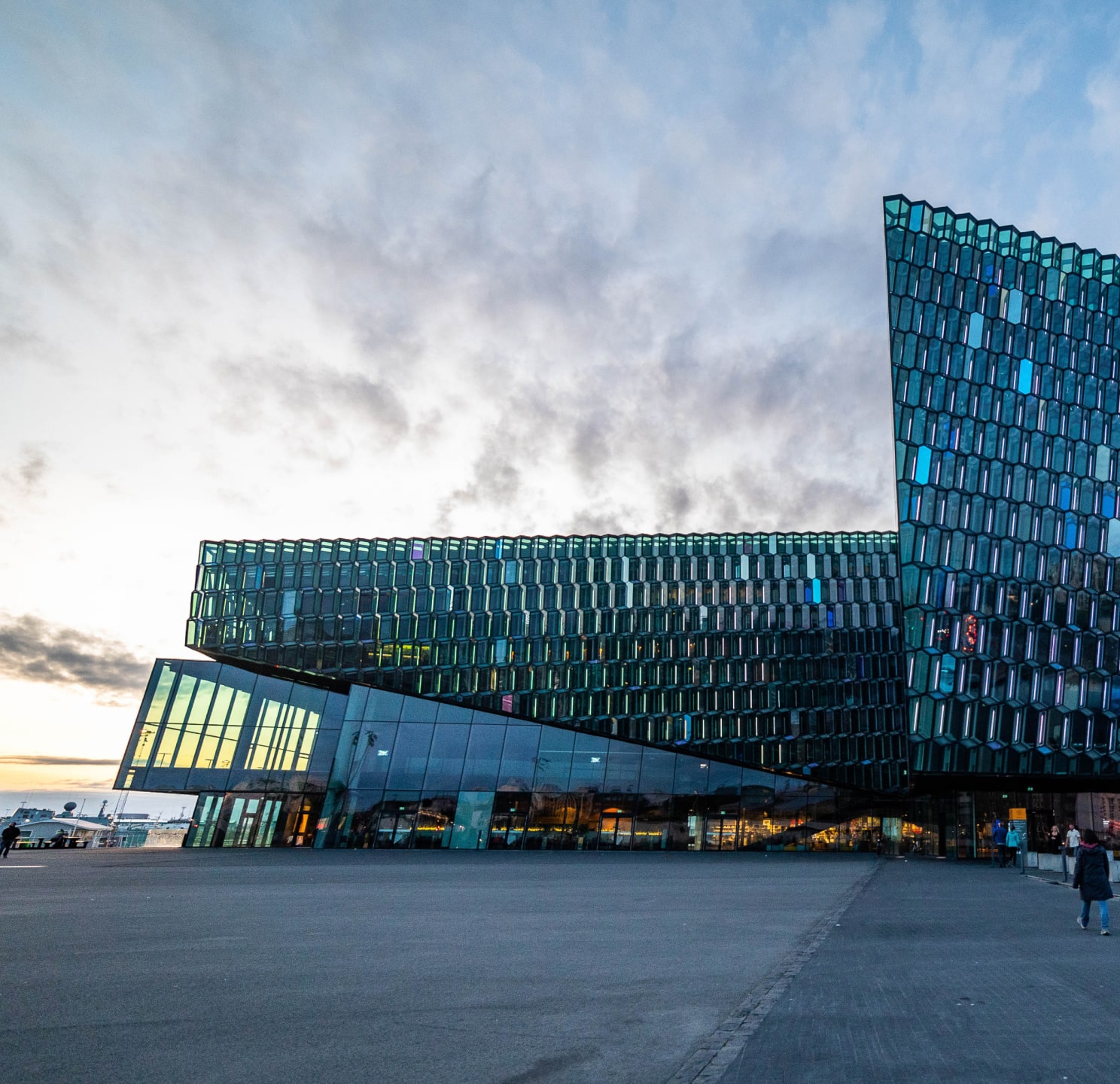
Summary

Imperio partnered with ELEKS to help Reykjavik harness comprehensive process and service analysis
Imperio was looking for a reliable partner experienced in delivering transformative digital solutions within the public sector. Its client, the City of Reykjavik, needed to analyse the processes within its City Council’s departments using Design Thinking and research activities, and with it, to define a set of digital tools and process improvements.
After a rigorous vetting procedure, Imperio partnered with ELEKS to deliver the research that comprised of three projects:
- Analysis of business and user needs for a job application system
The City of Reykjavík's Human Resources and Working Environment Directorate wanted to select and adopt an application system in which all vacancies of the City of Reykjavík could be advertised. The new solution would need to fully replace the old one and cover end-to-end recruitment workflow, including job advertisements, vacancies, applications and interviews.
- Cross-organisational analysis of incident management, enterprise risk management and data processing flows
Reykjavík aimed to implement digital solutions to streamline risk management, incident management and personal data processing records across all city departments. It was envisaged that the systems should standardise and simplify these processes while covering the needs of all departments, ensuring the flow of data and allowing cross-process data analysis.
- Analysis of the grant management process
The City of Reykjavík provides many grants that aim to improve the lives of its communities. Its grant management process is complex; it involves various software tools and intensive cooperation between departments. The client was looking for an opportunity to adopt a single system that would cover the end-to-end process of grant management.
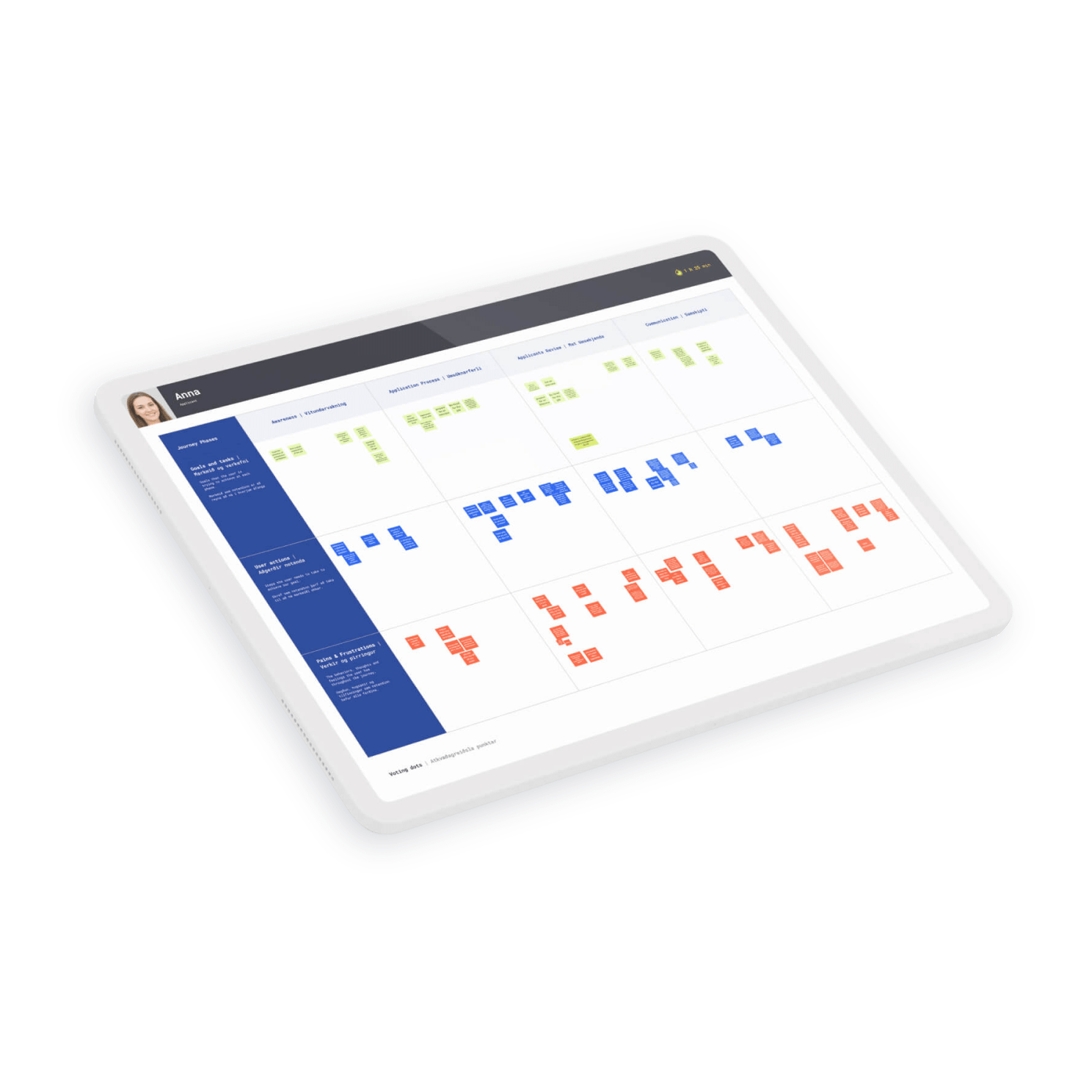
A multistage design consultancy service for a holistic view of the client’s current processes
The City of Reykjavík Council requested ELEKS and Imperio to conduct a two-week design consultancy phase to analyse the business and user needs of its job application system, using a Design Thinking methodology.
ELEKS and Imperio started with an analysis of the existing research data provided by the City of Reykjavík. Then, they conducted a series of online workshops with the key stakeholders and potential users.
Based on the workshop findings, ELEKS and Imperio kicked off the analysis phase and defined the user journey map, personas, and value proposition for the proposed application. Pain points were mapped to the user journey's main phases and accompanied by user stories aimed at resolving these obstacles.
A detailed user story map with a full functional breakdown based on pain points and system requirements was provided. With a smooth user experience at the forefront of everyone’s mind, the usability requirements section was included in the report as part of the system’s non-functional requirements.

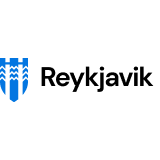
With a view to purchasing a risk and incident management system through a tender procedure, Reykjavík Council requested ELEKS and Imperio conduct a seven-week design consultancy phase to analyse and map the incident management, enterprise risk management and GDPR records of data processing activities using a Design Thinking approach.
ELEKS and Imperio began by interviewing key project stakeholders and analysing the existing artefacts from the research conducted internally by the client. Based on this initial information, we developed a research strategy and conducted an online workshop to determine the scope and roles of the stakeholders for three processes, while identifying all the goals, needs, wants and fears of the key roles involved in each process.
We also interviewed 20 stakeholders, collecting insights on any process overlap, pain points, and requirements for an ideal solution. Later, we surveyed the potential solution’s users and, based on the findings, developed a process matrix, identifying overlaps between departments.
At the final stage of our research with Imperio, we conducted a series of ‘process journey’ workshops with key stakeholders and potential users. By doing this, we could collect information on who is responsible for and who executes each process step, data, tools and documents that are used throughout the journey, any sticking points and frustrations and ideas for further improvement.
As a result, ELEKS and Imperio were able to prepare a detailed description of the ‘as-is’ state of the three processes across the departments, with their dependencies and overlap, and the data flow between the processes and stakeholders. The report included:
- Stakeholder matrix, proto personas and personas
- Process journey maps with overlaps
- Data flow and data breach journeys
- Interview results and responses
- Summary and next steps

The City of Reykjavík wanted to understand the current state of and, consequently, improve its end-to-end grant management process. Imperio and ELEKS conducted a six-week design workshop to define the ‘as-is’ state of this particular process, including application, documentation, negotiation, decision, etc., again, using Design Thinking and a series of research activities.
At the initial stage, we held a series of discussions with the key decision makers to discover the business context, map the stakeholder hierarchy and draft the key user profiles as preparation for the interviews. Then, we ran a series of interview sessions with representatives of different departments as well as with real and potential grant recipients outside the organisation. This helped us to refine user personas and dig into users’ needs, pain points, and insights.
Based on the information discovered during these interviews, we conducted several workshops to define existing user journeys and build a comprehensive blueprint connecting the journeys and underlying data.
Based on our findings, we prepared a detailed report which included:
- Grant process stages
- Relationships between the processes
- Data flow diagrams
- Pain points and improvement areas
- Stakeholder maps

The in-depth study of existing processes became a solid foundation for the City of Reykjavik’s process redesign and improvement
The reports provided by ELEKS and Imperio allowed the City of Reykjavik to have a holistic view of its processes, needs, pain points and opportunities for improvement.
The documents can be used as a backlog for future development or for the preparation of a claim statement for potential tenders in the provision of software tools. The reports also include usability requirements and recommendations for next steps in the development process.

The breadth of knowledge and understanding that ELEKS has within its walls allows us to leverage that expertise to make superior deliverables for our customers. When you work with ELEKS, you are working with the top 1% of the aptitude and engineering excellence of the whole country.

Right from the start, we really liked ELEKS’ commitment and engagement. They came to us with their best people to try to understand our context, our business idea, and developed the first prototype with us. They were very professional and very customer oriented. I think, without ELEKS it probably would not have been possible to have such a successful product in such a short period of time.

ELEKS has been involved in the development of a number of our consumer-facing websites and mobile applications that allow our customers to easily track their shipments, get the information they need as well as stay in touch with us. We’ve appreciated the level of ELEKS’ expertise, responsiveness and attention to details.

